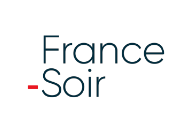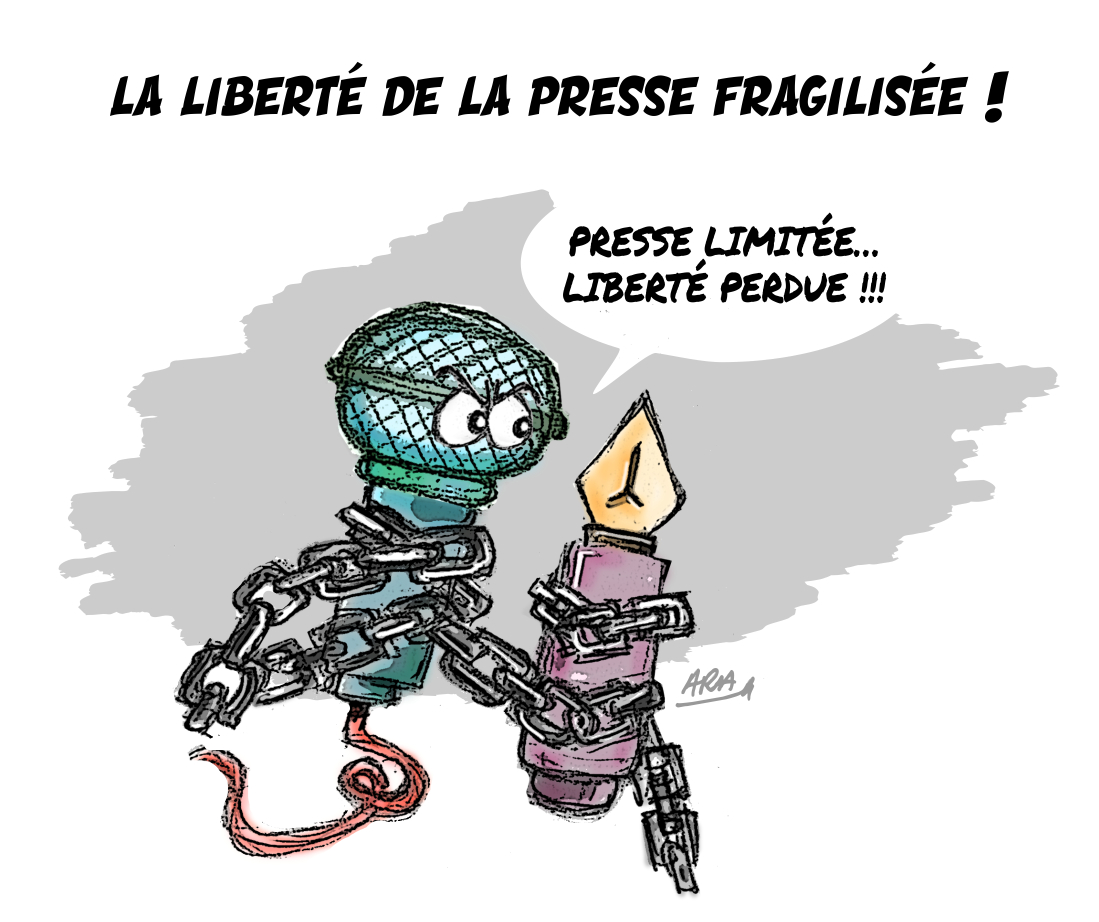If you can prove that the NIH and WHO got their treatment guidelines right, you could win $2M

Originally published here.
This is the second in a series of articles arguing that obeisance to constrictive evidence-based medicine (EBM) treatment protocols in a pandemic is causing an unnecessary loss of hundreds of thousands of lives.
In my previous article, I showed that the current NIH and WHO treatment guidelines for fluvoxamine and ivermectin don’t fit the evidence at all. A FOR recommendation for both these drugs is a near-perfect fit to all the data.
In this article, I will make it clear to everyone that their recommendations are so indefensible that no respected authorities will be able to come forward to support their recommendations with a credible argument even if I offer a million dollar incentive for them to do so.
Any drug protocol used for treating COVID early must fall into one of three categories:
1. helpful
2. neutral
3. or harmful
I claim that there has been abundant evidence on the table for at least the past 7 months, all in plain sight, that both fluvoxamine and ivermectin when given early at an effective dose are helpful because that hypothesis is a near perfect fit to all the evidence and that the other two alternatives, neutral or harmful, don’t fit the evidence at all.
To win the $1M prize, all you have to do is to provide a convincing argument to our judges that the NIH or WHO recommendations on fluvoxamine or ivermectin (existing on May 21, 2021 when I am making this offer) are more likely to fit the evidence than recommendations to support the use of both drugs. Or you can simply show how the NIH or WHO recommendations are more likely to save more lives than recommending FOR these drugs. Either method of proof is fine.
To qualify for the prize, you must be one of the key enablers of the myth:
1. A professor at any institution of higher learning anywhere in the world
2. A licensed physician anywhere in the world
3. An editor of any peer reviewed medical journal
4. An employee of the NIH or WHO
5. A member of the mainstream media anywhere in the world (especially in Brazil where they believe that all early treatments don’t work) including newspapers and online,
6. Any elected official anywhere in the world
7. Any public health official anywhere in the world
8. Any employee at YouTube responsible for the ridiculous YouTube policy banning videos that claim that Ivermectin is an effective treatments for COVID-19
9. Any employee of facebook responsible for censoring content and banning groups related to ivermectin or fluvoxamine
Your entry will be judged by a majority vote of a panel of highly respected impartial academic experts that I will immediately assemble if anyone submits an entry. The first person to submit a winning entry wins the prize, i.e. there will not be more than one winner per drug: $1M for ivermectin, $1M for fluvoxamine.
The entries must consider the 23 early treatment studies of ivermectin and two studies of fluvoxamine.
I am not worried about losing $2M. This is an impossible task because all but one of these studies is positive and the sole negative study had a p value of .5 (which is basically no confidence at all and would be tossed from any serious analysis). The evidence also shows that the earlier these drugs are given in adequate dosages, the greater the positive effect. If the drugs are neutral or harmful, that’s impossible, a fact that seems to be lost on our experts from the WHO and NIH.
For example, if ivermectin is as harmful as the WHO thinks, then why are cases in India now dropping dramatically after starting ivermectin? How do they explain that? They can’t; all we get is silence. It’s frustrating. More importantly, it’s costing lives because doctors in many parts of the world including Brazil and Tamil Nadu continue to blindly follow the WHO advice.
The purpose of this challenge is two fold:
1. To draw worldwide attention to the fact that none of the enablers of the NIH and WHO will be able to credibly defend the indefensible recommendations of the NIH and WHO for these drugs.
2. To show that the current recommendations of these two organizations for these two drugs have cost the unnecessary loss of life of hundreds of thousands of people.
If you qualify and would like to submit an entry, please message me on TrialSiteNews or DM me on twitter.
The reason these absurd recommendations even exist is because the NIH and WHO insist on ignoring any evidence that is not a high quality phase 3 clinical trial published in a peer reviewed journal. Thus, in their view, all these drugs do nothing and since there is no benefit, there is no reason to recommend the drug.
If they were smart, they would look at all available evidence and choose the hypothesis about each drug which is the closest match to all the observed evidence. Because they did not do that, we are left with the inescapable conclusion that they aren’t very smart and that their recommendations for these drugs should be ignored. QED.
Finally, why are Dr. Anthony Fauci and Dr. Francis Collins still remaining silent about the NIH guidelines for these two drugs? If a computer entrepreneur from Silicon Valley can figure all this out 7 months ago that it’s virtually impossible for these two drugs not to work, why can’t the NIH leadership? And why, when David Seftel confirmed the 100% success rate in the original fluvoxamine RCT published in JAMA with a real-world study also with 100% effect size, why did they just ignore it like it never happened? Why didn’t they send a team to investigate if there were any biases or confounders? Instead, they just sat back and did nothing when the news came out. There was no investigation. There wasn’t even a phone call or email to the investigator. Even after 60 Minutes did a story on this miracle at the racetrack, they still did nothing to investigate. They could have saved hundreds of thousands of lives if they had acted earlier on the evidence that was hiding in plain sight for at least the past 7 months.
Lastly, to support my claim that this evidence has been in plain sight for over 7 months and that it was clear that the data supported action by the medical community, I offer a simple example that I am intimately familiar with: my own personal efforts to get the world’s attention to both of these drugs. For example, on October 17, 2020, I wrote about both fluvoxamine and ivermectin in a very long article on Medium — a 23-minute read. This was followed with an email to Elemental entitled “Two drugs that can dramatically reduce the hospitalization and death rate from COVID-19… perhaps to zero” and included a link to my article. However, because these recommendations were counter to the recommendations of the NIH and WHO, my Medium account was suspended for life.
And finally, if they got it wrong on ivermectin and fluvoxamine, do you think they might also have got it wrong about other drugs such as hydroxychloroquine, vitamin D, zinc, and other early treatments too? Of course they did. See Do the NIH and WHO COVID treatment recommendations need to be fixed? and Good Science Saves Lives, Bad Science Has Ruined Lives for the evidence of this. Or read this excellent article in Wired about The 60-Year-Old Scientific Screwup That Helped Covid Kill which documents how the WHO ignores expert opinion that disagrees with their narrative.
The sooner these recommendations are changed, the better. The drugs have been sitting on the shelf the whole time. The data has been available to the public for over 6 months. What we lack are leaders with the ability to clearly see the evidence that is hiding in plain sight.
Steve Kirsch is a high-tech serial entrepreneur based in Silicon Valley. He has been a medical philanthropist for more than 20 years. When the pandemic started, he left his day job at M10 and started the COVID-19 Early Treatment Fund (CETF) which funds researchers from all over the world running outpatient clinical trials on repurposed drugs. CETF funded David Boulware’s trials on hydroxychloroquine and the Phase 2 and Phase 3 fluvoxamine trials, among many other research projects. He was recently featured on 60 Minutes which highlighted his work with fluvoxamine. He has no conflicts of interest; his objective is to help save lives. In 2003, Hillary Clinton presented him with a National Caring Award. He wrote this article to share some of what he has learned over the past year about the failure of evidence-based medicine during a pandemic in the hopes that people will realize their mistakes and change their views.
À LIRE AUSSI
L'article vous a plu ? Il a mobilisé notre rédaction qui ne vit que de vos dons.
L'information a un coût, d'autant plus que la concurrence des rédactions subventionnées impose un surcroît de rigueur et de professionnalisme.
Avec votre soutien, France-Soir continuera à proposer ses articles gratuitement car nous pensons que tout le monde doit avoir accès à une information libre et indépendante pour se forger sa propre opinion.
Vous êtes la condition sine qua non à notre existence, soutenez-nous pour que France-Soir demeure le média français qui fait s’exprimer les plus légitimes.
Si vous le pouvez, soutenez-nous mensuellement, à partir de seulement 1€. Votre impact en faveur d’une presse libre n’en sera que plus fort. Merci.


